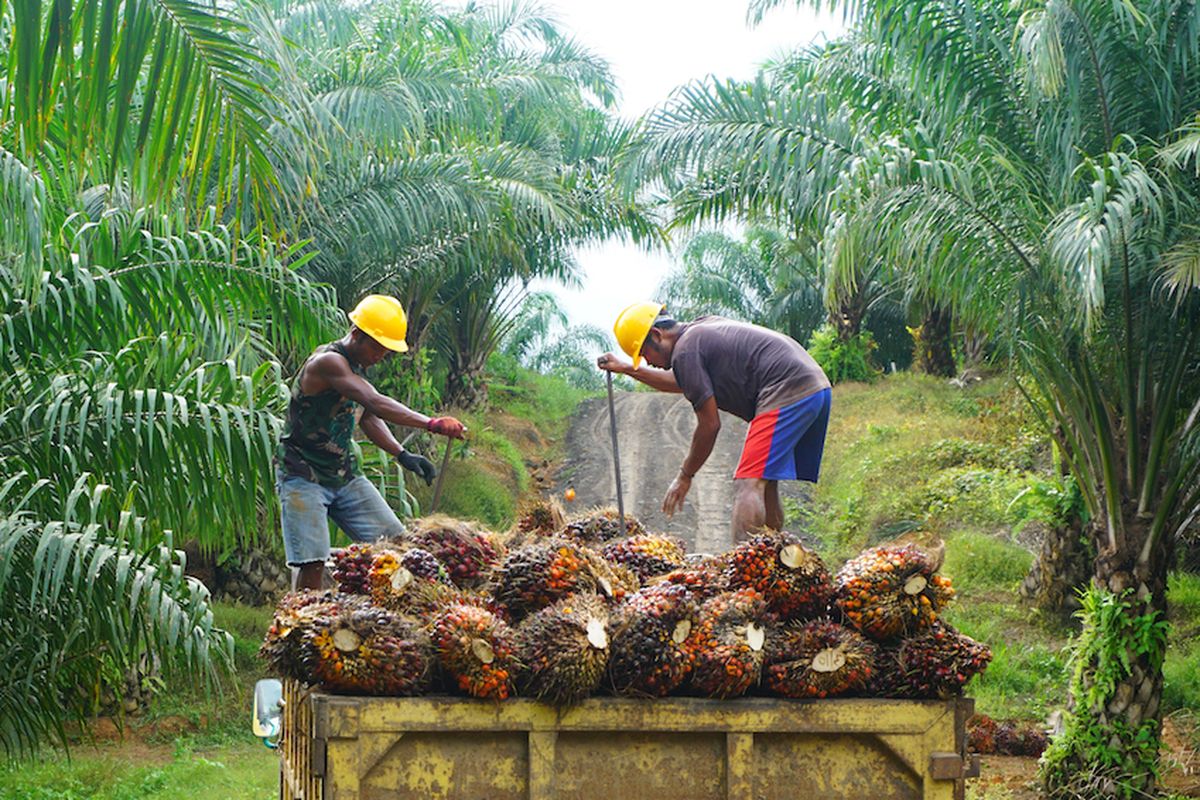Indonesia Imposes Biodiesel Program to Fight Smear Campaign Against Palm Oil in EU

Lawsuit against EU
The Indonesian government filed a lawsuit against the European Union for discrimination.
The lawsuit was filed with the World Trade Organization (WTO) after the European Commission approved the Renewable Energy Directives II (RED2) which targets the use of renewable energy in the European Union in 2030.
The lawsuit was filed because last August the European Commission approved the Renewable Energy Directives II (RED2) which targets the use of renewable energy of 32 percent in the European Union in 2030.
RED2 has stipulated that the plants used for biofuel must not originate from deforested areas or are planted on peatlands. In the Delegated Ace (DA) regulation, it stated that palm-based biofuel is included in the high-risk Indirect Land Use Change (ILUC) criteria which could damage the environment and cause deforestation. The DA criteria will be reviewed in 2021 before it will be revised in 2023.
Paulus Tjakrawan, Chairman of the Association of Indonesian Biodiesel Producers (Aprobi), said that the policy was considered discriminatory because the European Commission’s policy has singled out palm oil, while other vegetable oils were excluded.
“Soy oil requires land that is eight times bigger,” Paulus said. He added that the government and oil palm companies are setting up a panel for the WTO session.
Also read: Indonesia Enters a Dangerous New Phase in Covid-19 Fight
The lawsuit was filed following the assessment conducted by Indonesia that it had complied with international regulations. The lawsuit on the palm oil industry against the European Union was already made before 2018 when the Indonesian palm industry was accused of selling at cheaper prices abroad than domestic prices.
“At that time the standard used was from Germany. It turned out that Indonesia’s biodiesel could reduce emission by more than 50 percent. So the exports reached 1.8 million tons in 2014,” he said.
He said that Indonesia was accused of implementing subsidies and selling cheaper palm oil abroad. Indonesia then filed a lawsuit at the WTO in 2018. Indonesia was required to reduce the emission not only by 35 percent but almost 50 percent and it was fulfilled, he said.
(Writer: Mutia Fauzia | Editor: Yoga Sukmana)
Simak breaking news dan berita pilihan kami langsung di ponselmu. Pilih saluran andalanmu akses berita Kompas.com WhatsApp Channel : https://www.whatsapp.com/channel/0029VaFPbedBPzjZrk13HO3D. Pastikan kamu sudah install aplikasi WhatsApp ya.































